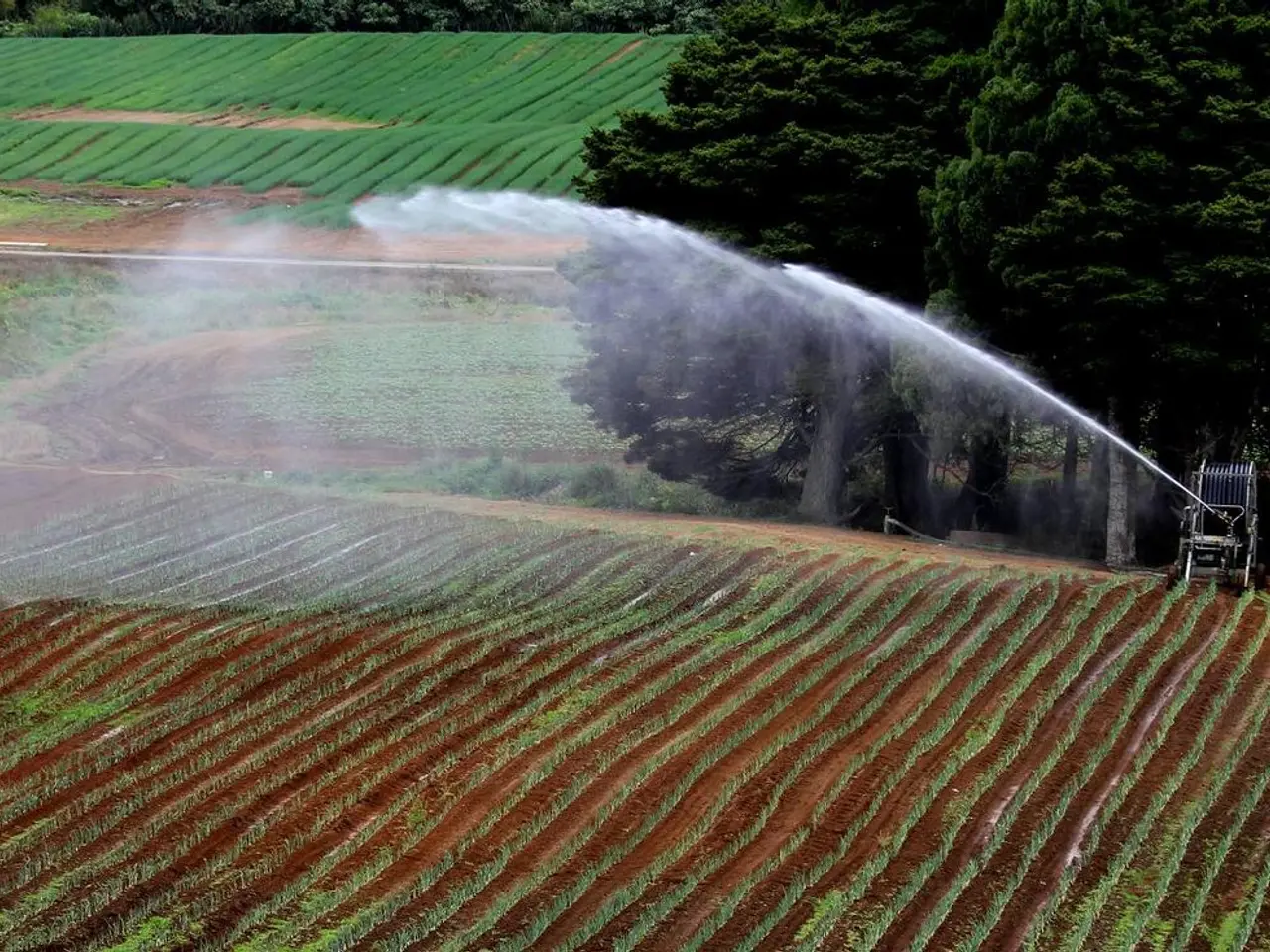The Alliance for Good Rice has given 'Ae' a top-tier preliminary carbon assessment rating by BeZero.
In a significant development for sustainable agriculture in India, the Good Rice Alliance (TGRA) has been awarded an 'Ae' rating by BeZero Carbon, a leading independent carbon ratings agency. This rating signifies TGRA's high-impact potential in reducing Greenhouse Gas (GHG) emissions through their farming practices, affirming the credibility and effectiveness of their climate-positive initiatives.
TGRA is a multi-corporate partnership dedicated to promoting sustainable rice farming practices across 13 states in India. The alliance, which includes Bayer, GenZero, Shell Energy India Private Limited, and Mitsubishi, aims to reduce GHG emissions by implementing climate-smart and sustainable agricultural methods that enhance soil health and reduce environmental impact.
BeZero Carbon's ratings are based on a rigorous analysis of various factors, including additionality, carbon accounting, and permanence risks. The 'Ae' rating reflects a high standalone carbon rating and a very high likelihood of successful project execution.
The Good Rice Alliance's efforts in sustainable rice farming have been externally validated by BeZero Carbon. This rating signifies TGRA's strong potential to deliver verified carbon emission reductions, supporting sustainable agriculture as a climate solution.
Since May 2023, TGRA has partnered with smallholder farmers across thirteen Indian states, enrolling more than 12,000 farmers and covering 35,000 hectares of farmland. The alliance's focus on sustainability aligns with the UN's Sustainable Development Goals, and it plans to work with smallholder farmers from the grassroots to drive maximum co-benefits and mitigate climate change.
The 'Ae' rating confirms a high likelihood that each TGRA credit will deliver one ton of CO2e avoidance. This is particularly significant given that rice farms occupy 15% of the global farm area, equivalent to more than 150 million hectares worldwide. TGRA's implementation of climate-smart practices can result in over 12,500 million litres of water savings across 35,000 hectares per season, the equivalent of 330 billion US gallons.
Speaking on the rating, Suhas Joshi, India Carbon Initiative Lead at Bayer, expressed pride and stated that TGRA aims to establish a nature-based carbon market quality benchmark. TGRA's implementation of Alternate Wetting and Drying (AWD) and Direct Seeded Rice (DSR) has reduced methane emissions equivalent to nearly 1,20,000 tonnes of carbon emissions per year.
Paddy rice cultivation is responsible for approximately 10% of global methane emissions, a potent greenhouse gas with a global warming potential over 27 times that of carbon dioxide. Higher BeZero ratings are correlated with higher prices and increased demand for carbon credits. The Good Rice Alliance's 'Ae' rating underscores its proactive approach to combating agricultural emissions with verifiable impact, highlighting the significance of their climate action in India’s rice sector.
This article was first published on August 13, 2025.
[1] The Good Rice Alliance Website [2] BeZero Carbon Website [3] Bayer's Press Release [4] Shell Energy India Private Limited's Press Release [5] Mitsubishi Corporation's Press Release
- The Good Rice Alliance, a partnership that includes Bayer, GenZero, Shell Energy India Private Limited, and Mitsubishi, has received an 'Ae' rating from BeZero Carbon, signifying their high-impact potential in reducing greenhouse gas emissions through their climate-positive initiatives in environmental science.
- With the 'Ae' rating, each TGRA credit has been confirmed to deliver one ton of CO2e avoidance, making it a significant investment opportunity for those interested in financing sustainable real-estate projects, as rice farms occupy a substantial amount of the global farm area.
- The Good Rice Alliance's focus on sustainable rice farming practices has not only reduced methane emissions but also resulted in over 12,500 million litres of water savings across 35,000 hectares per season, making it an attractive proposition for those seeking to invest in environmental science and combat climate change.




